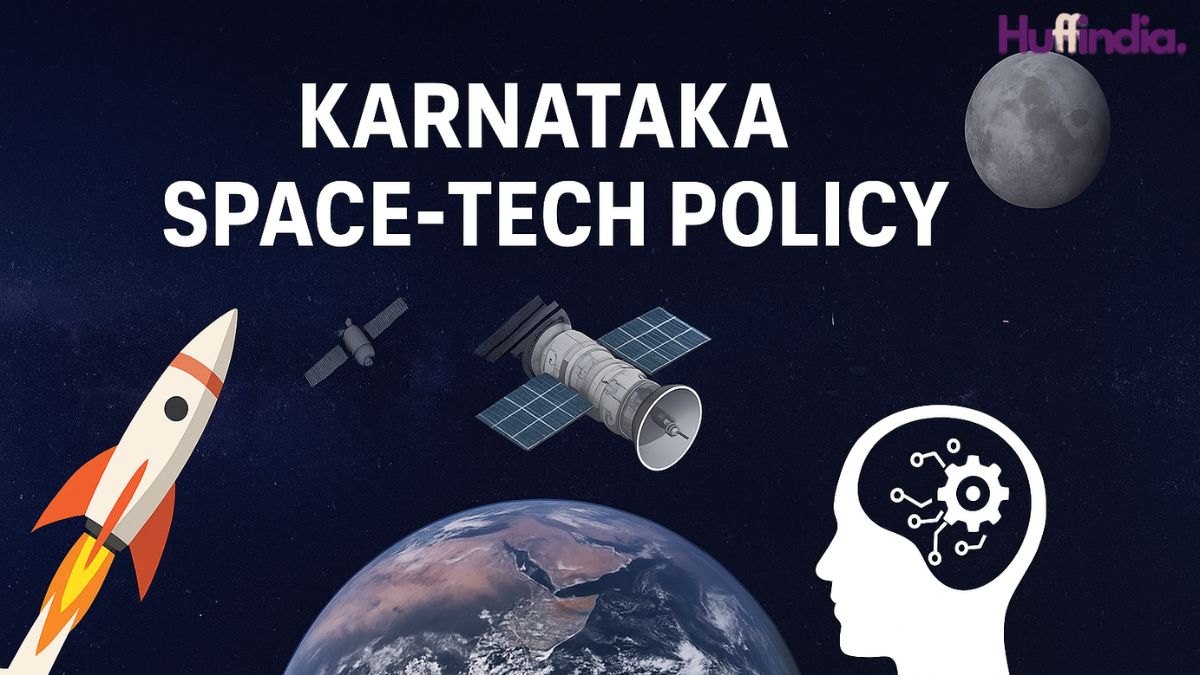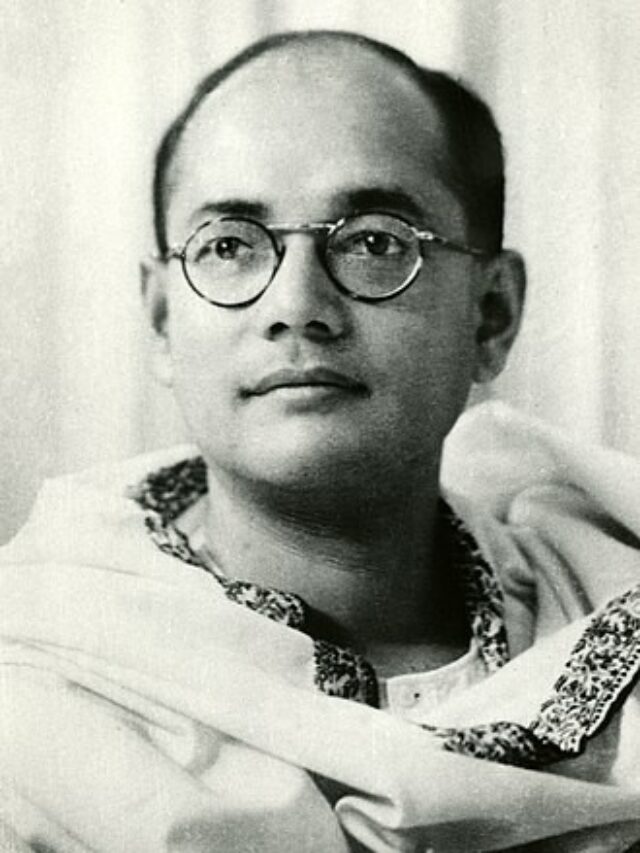Bengaluru, November 15 (Science Desk) — Karnataka has introduced an ambitious Karnataka Space-Tech Policy designed to equip more than 6,000 school and college students with practical, hands-on space-science exposure over the next year. The move comes as India’s private space sector expands rapidly, creating new opportunities in satellite design, propulsion technology, AI-driven space analytics and aerospace manufacturing.
Karnataka’s new policy aims to fill the gap between textbook science education and real-world space technology. Officials believe that early exposure to space labs, satellite-making modules, and robotics systems will help build a future-ready talent pool capable of contributing to India’s evolving space ecosystem.
Why Karnataka Is Investing in Space Education
Karnataka is home to several major space and aerospace institutions:
- ISRO Headquarters
- UR Rao Satellite Centre (URSC)
- National Aerospace Laboratories (NAL)
- Indian Deep Space Network (IDSN)
It also hosts India’s largest cluster of aviation and space-tech companies and more than 120 private space startups. Still, educators say many students only encounter space science at a theoretical level.
The new policy aims to bridge that gap by giving students direct access to practical STEM programmes aligned with current industry demands.
What the Space-Tech Policy Offers
The initiative includes:
- Creation of space and robotics labs in 100+ schools
- Access to small satellite (CubeSat) development kits
- Rocket design and aerodynamics workshops
- AI-based space simulation modules
- Guided campus visits to ISRO facilities
- Mentorship programs with engineers and researchers
- Astronomy clubs and night-sky observation sessions
The programme targets students in Classes 6–12 and engineering colleges across the state.
Collaboration With Industry & ISRO
To ensure real-world relevance, Karnataka is collaborating with:
- ISRO scientists
- HAL aerospace engineers
- Skyroot Aerospace
- Bellatrix Aerospace
- Space-tech incubation hubs in Bengaluru
These partnerships will help conduct training sessions, host hackathons, and mentor students working on innovative space solutions.
Practical Learning at the Core
Unlike traditional STEM learning, the Space-Tech Policy emphasises project-based learning. Students will participate in:
- Designing small satellites for communication or weather monitoring
- Building mini rockets and testing thrust
- Using AI tools for orbit modelling
- Understanding propulsion through hands-on models
- Operating basic ground-station communication setups
Early pilots have shown strong enthusiasm, with participation from girls’ schools, government institutions and rural education centres.
Long-Term Vision for Karnataka
The government plans to expand the programme to train at least 50,000 students over five years. Officials believe this will strengthen the workforce pipeline for India’s growing space sector, expected to reach $12 billion by 2030.
A senior education official said,
“Young minds need to see science in action. This policy makes space technology accessible to all students, not just those in elite institutions.”
Conclusion
With its new Space-Tech Policy, Karnataka is setting the foundation for India’s next generation of aerospace engineers, mission specialists and space entrepreneurs. By making advanced learning accessible, the state is enabling students to dream bigger — and build the skills to chase those dreams.


























